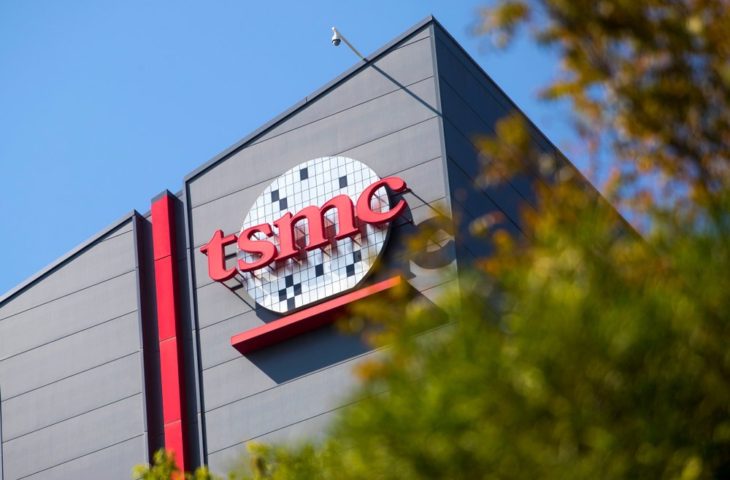TSMC confirms start of construction of chip factory in Dresden, Germany
- July 31, 2024
- 0
TSMC will start building a large chip factory in Dresden next month. The Taiwanese chip giant’s first factory in Europe will be built with the help of local
TSMC will start building a large chip factory in Dresden next month. The Taiwanese chip giant’s first factory in Europe will be built with the help of local


TSMC will start building a large chip factory in Dresden next month. The Taiwanese chip giant’s first factory in Europe will be built with the help of local partners and will primarily produce older components.
TSMC plans to lay the foundation stone for the construction of a large chip factory in Dresden on August 20. The factory will be TSMC’s first in Europe. The world’s leading chip manufacturer counts Apple, AMD, Nvidia and even Intel among its customers and builds the most modern microchips in the world, but production is not coming to Germany.
In Dresden, the company wants to build older processors on more established and less efficient nodes such as 28 nm, 22 nm and 16 nm. Such production lines do not produce the most compatible laptop processors, but that is not the intention. TSMC will mainly build chips for the automotive sector and industrial applications. There, cheaper chips with proven designs are preferred.
The Taiwanese giant will not build the facility alone. The factory itself will be built by a consortium of three European companies: NXP, Infeon and Bosch. All three will contribute half a billion euros to the total construction costs of ten billion euros, in return for ten percent of the ownership shares in the project. Due to the collaboration, the factory officially does not belong to TSMC (which holds a majority stake), but to ESMC (European semiconductor manufacturing company).
The project is part of the EU’s efforts to develop more strategic independence for the construction of microchips. This independence comes at a price – literally: microchips and controllers that roll off the ESMC production line will be more expensive than similar components from a regular TSMC factory.
However, car manufacturers in particular will be happy to have a more robust and locally anchored supply chain. During and after the Covid pandemic, this sector went without the limited availability of urgently needed chips for car finishing. TSMC hopes to have the factory ready in 2027. From then on, up to 40,000 wafers will have to be produced per month.
When construction begins, it will be a relief for Germany, which wants to play a major role in Europe’s chip ambitions. The country hit the jackpot in early 2022 when Intel announced it would build a large, state-of-the-art facility in Magdeburg, but those plans are anything but smooth sailing. After delays and a new subsidy negotiation, Intel is now fighting to get rid of the site.
Anyone who thinks about the PFAS problem can imagine the opposite: The land in Magdeburg is so valuable that, under German law, it cannot simply be lost. The fertile, humus-rich top layer must be reused, which in turn entails higher costs and delays. Intel will not start building its factory until 2025.
Source: IT Daily
As an experienced journalist and author, Mary has been reporting on the latest news and trends for over 5 years. With a passion for uncovering the stories behind the headlines, Mary has earned a reputation as a trusted voice in the world of journalism. Her writing style is insightful, engaging and thought-provoking, as she takes a deep dive into the most pressing issues of our time.